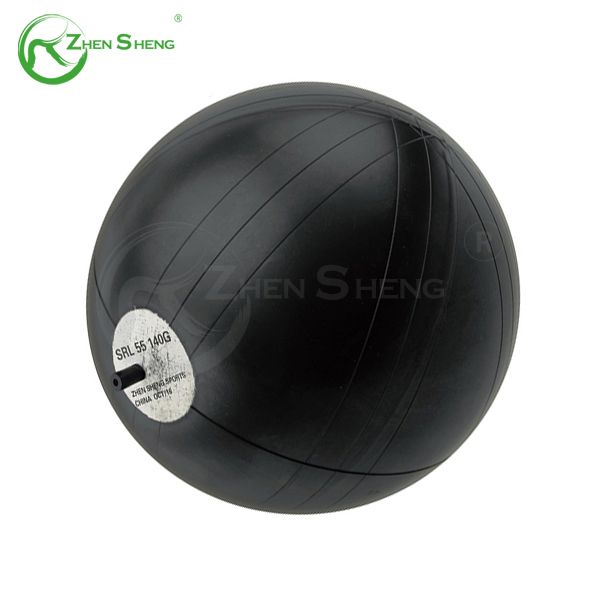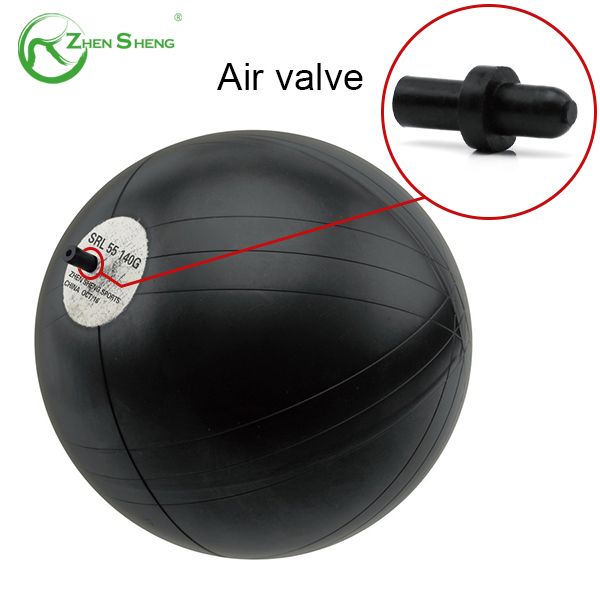Rubber capsules are a type of specialized container that are used in a variety of different industries for packaging and delivery of liquids, gels, powders, and other substances. These capsules are typically made of a specialized type of rubber or elastomer material, which is selected for its flexibility, durability, and resistance to degradation over time. In this essay, we will explore the characteristics, uses, and applications of rubber capsules in more detail, as well as the manufacturing process used to produce them.

To begin, it is helpful to understand the basic characteristics of rubber capsules. These capsules are typically small, ranging in size from a few millimeters to several centimeters in diameter, and are designed to be easily filled with a wide range of substances. The rubber material used to make the capsules is typically very flexible, which allows the capsule to be compressed or squeezed to release its contents. The rubber material is also very durable, allowing the capsule to withstand the rigors of transport and storage without breaking or leaking.
Rubber capsules are used in a wide range of industries, including pharmaceuticals, cosmetics, and food and beverage. In the pharmaceutical industry, rubber capsules are often used to package medications in liquid or gel form, such as vitamins, supplements, and other over-the-counter remedies. They are also used in the cosmetics industry to package creams, lotions, and other skin care products. In the food and beverage industry, rubber capsules are used to package ingredients and additives for use in food production, as well as to package beverages and other liquids for retail sale.
One of the key advantages of rubber capsules is their ability to protect their contents from external factors such as light, air, and moisture. This is particularly important in the pharmaceutical industry, where many medications are sensitive to these external factors and can degrade over time if not properly protected. Rubber capsules are able to provide an effective barrier against these factors, helping to ensure the quality and efficacy of the medication.
Rubber capsules are also used in a variety of specialized applications, such as in the production of diagnostic test kits and other medical devices. In these applications, the rubber capsule is used to contain a reagent or other substance that is critical to the functioning of the device. The capsule may also be used as a mixing chamber, allowing the reagent to be mixed with other substances before being delivered to the patient.
The manufacturing process used to produce rubber capsules is highly specialized and requires a great deal of expertise and technical know-how. The process typically begins with the selection of the appropriate elastomer material, which is chosen based on its properties and suitability for the intended application. The elastomer is then mixed with various additives and processing aids to achieve the desired properties, such as flexibility, durability, and resistance to degradation.
Once the elastomer has been prepared, it is then processed using specialized equipment to form the capsules. This may involve extrusion, injection molding, or other techniques, depending on the specific application and requirements of the capsules. The capsules are then inspected and tested to ensure that they meet the required standards for quality and performance.
In conclusion, rubber capsules are a specialized type of container that are used in a wide range of industries for packaging and delivery of liquids, gels, powders, and other substances. These capsules are typically made of a specialized type of rubber or elastomer material, which is selected for its flexibility, durability, and resistance to degradation over time. Rubber capsules are used in a variety of applications, including pharmaceuticals, cosmetics, food and beverage, and medical devices. The manufacturing process used to produce rubber capsules is highly specialized and requires a great deal of expertise and technical know-how. Overall, rubber capsules play a critical role in many industries, helping to protect and deliver a wide range of products and substances to consumers around the world.If there is anything you don't know, please contact us!
Copyright:@2020-2021
Comments Please sign in or sign up to post.
0
0 of 500 characters used